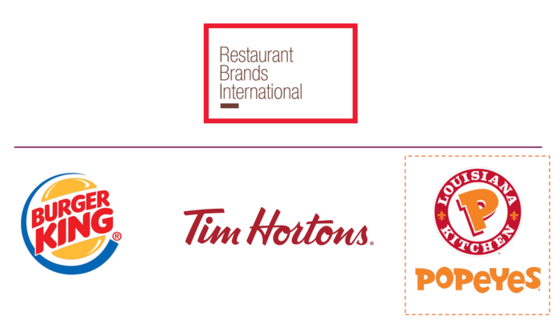We had to guess after his investigations of Wendy’s (WEN) in 2007 and McDonald’s (MCD) in 2008 that Bill Ackman would reappear in the restaurant space. He did Wednesday, with a full throated presentation as to why Burger King was right up his alley.
Investors must be hopeful and Bill was that today. In fact, we think Bill has the bug and wants to run restaurants. It gets in the blood.
Looking at the numbers and the presentation, several points are noteworthy.
Sales lift assumptions after remodel very optimistic: Ackman assumptions call for a 10-17% average sales unit (AUV) sales lift after the BKC remodels, based on a $250K to 300K remodel. A Burger King costs around $2 million, so this might be best characterized as a “medium remodel” with hopefully both interior, equipment, exterior and drive thru upgrades.
The problem is no one in the QSR space has achieved that. MCD gets double digit SSS bumps with a scrape and rebuild, but that is not what we are talking. Jack in the Box (JACK) has done a nice job of remodeling, but reported low/minimal lifts in 2010/2011, for example. The norm is single digits. Is that 10-17% to be achieved every year?
BKC versus MCD: head to head competition: doable? Bill mentioned that BKC could be more nimble around “bloated” MCD and have a restaurant wherever MCD did. He displayed a chart laying out the MCD North American AUV of $2.4M, WEN of $1.4M and BKC of $1.15 million.
The problem is that the US MCD AUV is even higher, at almost $2.9M, per my look at the recent 10K. MCD European AUVs are even higher. So there is an even greater MCD v. BKC gap, about 2.5X.
MCD has a six dayparts/day business while BKC just rolled out a “catchup” new menu burst just Monday and is still working core dayparts.
This isn’t Ackman’s fault of course, but it is 2012, not 2002 or even 1992. The world is filling up with restaurants, and the competition isn’t standing still.
Flawed M&A comps: During the 2010 acquisition, it was conservatively estimated that there was a $2 billion or more BKC facility conditions backlog. Selling company stores and getting to a 100% royalty income stream concept is a nice idea, but how do you get there in 2012?
There has to be the credit or cash generated from operations for franchisees to build and remodel.
Bill listed reasonable comparables of Dunkin Brands (DNKN) and Tim Horton’s (THI) as justification for the 10-16X EV/EBITDA multiple he hoped to support.
The problem is, the Dunkin Donuts or Tim Horton’s box costs around $500K to build, not $2 million.
(Historical note: Burger King did achieve$121M better free cash flow in 2011 v. 2010 (adjusted EBITDA-CAPEX) but also cut CAPEX $75M to partially get there.)
Ackman is making a lot of assumptions, but the numbers don't appear to be supporting his story.



